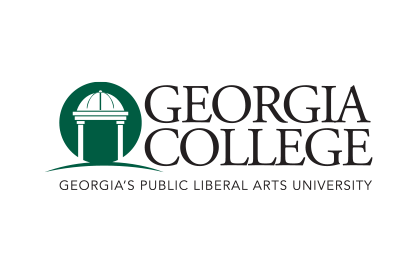Project Title
An Application of the Social Ecological Model to Examine the Effects of Excessive Alcohol Use Among College Students
Faculty Mentor(s) Name(s)
Dr. John Moore
Abstract
Background: Excessive alcohol use can cause adverse effects on a person’s mental and physical health. Normative beliefs lead college students to believe that alcohol consumption plays a large part in the “college experience.” Research suggests that approximately 33% of full-time college students aged 18 to 22 reported binge drinking in the past month. Regarding excessive alcohol consumption, the most important health issues that can affect college students include unintentional injuries, violence, sexually transmitted infections, and cancers. Purpose: To examine studies that use the Social Ecological Model to examine the effects of excessive alcohol use among college students to determine the best evidence-based practices and recommendations for future studies. Methods: Through the utilization of databases, such as GALILEO, relevant studies were found and analyzed. A logic model was used to organize the findings of the study. Key words include college student, binge drinking, alcohol use, excessive alcohol use, side effects, long-term effects. Results: The literature confirms that the Social Ecological Model is useful in addressing excessive alcohol use in college students. The constructs of individual, interpersonal, organizational, and community were found to be the most influential, while public policy had little influence. The most influential construct was the interpersonal level, because students are led to believe that a large part of college is drinking with other students, and fostering peer-to-peer communications to address social norms is a main way to address binge drinking on campus. Implications: With excessive alcohol use on college campuses, the community, university, and law enforcement can work together to educate the students on the issue of binge drinking and lower the rates of this on a college campus.
An Application of the Social Ecological Model to Examine the Effects of Excessive Alcohol Use Among College Students
Background: Excessive alcohol use can cause adverse effects on a person’s mental and physical health. Normative beliefs lead college students to believe that alcohol consumption plays a large part in the “college experience.” Research suggests that approximately 33% of full-time college students aged 18 to 22 reported binge drinking in the past month. Regarding excessive alcohol consumption, the most important health issues that can affect college students include unintentional injuries, violence, sexually transmitted infections, and cancers. Purpose: To examine studies that use the Social Ecological Model to examine the effects of excessive alcohol use among college students to determine the best evidence-based practices and recommendations for future studies. Methods: Through the utilization of databases, such as GALILEO, relevant studies were found and analyzed. A logic model was used to organize the findings of the study. Key words include college student, binge drinking, alcohol use, excessive alcohol use, side effects, long-term effects. Results: The literature confirms that the Social Ecological Model is useful in addressing excessive alcohol use in college students. The constructs of individual, interpersonal, organizational, and community were found to be the most influential, while public policy had little influence. The most influential construct was the interpersonal level, because students are led to believe that a large part of college is drinking with other students, and fostering peer-to-peer communications to address social norms is a main way to address binge drinking on campus. Implications: With excessive alcohol use on college campuses, the community, university, and law enforcement can work together to educate the students on the issue of binge drinking and lower the rates of this on a college campus.

